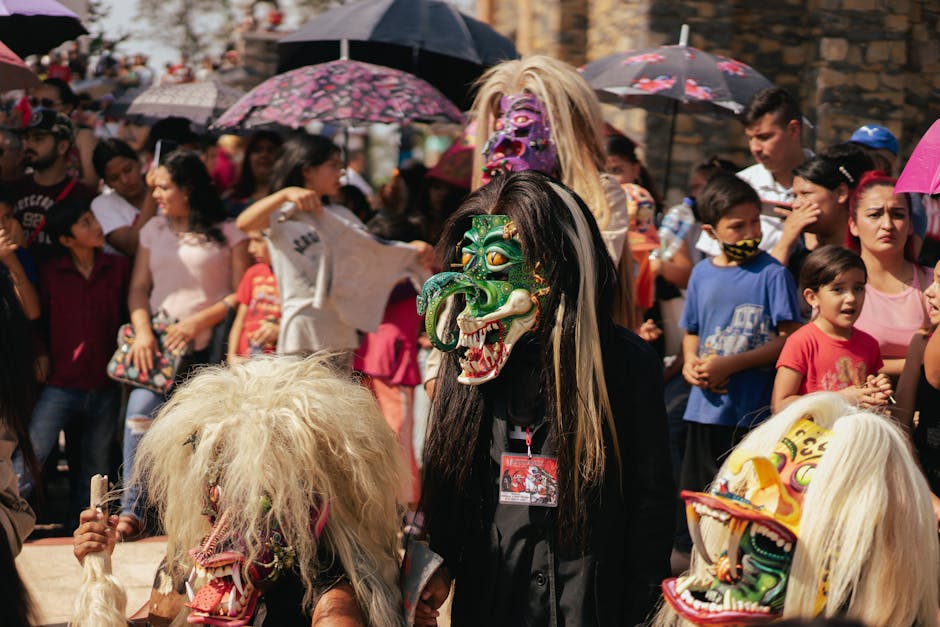
Understanding the Transnational Exchange of Folk Traditions
The transnational exchange of folk traditions plays a vital role in preserving and transmitting cultural heritage across different countries. Through festivals, migration, and cultural collaborations, communities share their unique customs, music, dance, and artistry, fostering mutual understanding and appreciation.
Historically, the movement of people has facilitated the spread of folk traditions. For instance, migrant communities often bring their traditional crafts and performances to new regions, leading to a vibrant exchange that influences local cultures.
Modern technology also enhances this exchange. Online platforms enable folk artists and communities to showcase their traditions globally, breaking geographical barriers and creating a digital impact on cultural preservation. This interconnectedness not only helps in maintaining these traditions but also allows for innovative adaptations.
Engaging in the benefits of transnational folk exchange includes fostering intercultural dialogue, promoting tourism, and supporting local artisans. Additionally, it encourages younger generations to value their cultural roots while being open to new influences.
In conclusion, the transnational exchange of folk traditions is a dynamic process that sustains cultural diversity and promotes global understanding. By actively participating in these exchanges, communities contribute to a richer, more interconnected world.
